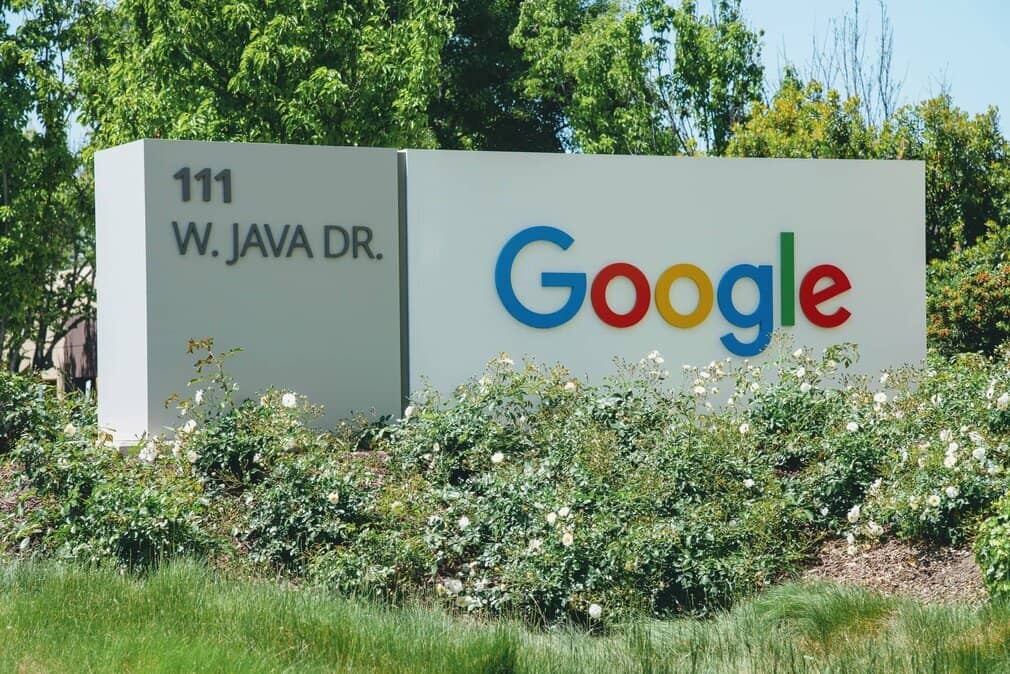Unraveling the Technological Odyssey of Google's Search Engine Evolution
CIC: The Evolution of Google Search: From PageRank to Semantic Understanding, a Journey Through Technological Advancements.
Introduction:
In the sprawling expanse of the digital world, Google Search stands as a beacon, guiding us through the vast sea of information. Its evolution has been nothing short of revolutionary, reshaping how we interact with the web. This article embarks on a fascinating journey, tracing the path of Google's search technology from its humble beginnings to its current prominence.
The Birth of Google Search:
Two Stanford graduate students, Larry Page and Sergey Brin, birthed an idea that would forever change the way we explore the internet. In 1998, they introduced the world to Google, a search engine that distinguished itself through its uncanny ability to deliver the most relevant results.
Google's Algorithmic Advancements:
As Google gained traction, it wasn't content with the status quo. PageRank, an ingenious algorithm, came into play. This groundbreaking innovation evaluated websites based on the quality and quantity of links pointing to them, revolutionizing search results. Subsequent updates like Panda and RankBrain further refined the search experience, ensuring that high-quality, user-centric content took precedence.
Mobile-First Indexing and the Mobile Revolution:
With the surge in mobile device usage, Google recognized the need to adapt. Mobile-first indexing was introduced, a seismic shift in prioritizing mobile-friendly websites. This shift not only transformed the way websites were designed but also set a new standard for visibility in search results.
User Intent and Semantic Search:
The journey continued with Google's focus shifting towards understanding user intent. No longer confined to exact keyword matches, Google now deciphered the nuances of user queries. This gave rise to semantic search, allowing for more accurate and relevant results. It wasn't just about words anymore; it was about context and meaning.
Personalization and Localized Search:
Google, with its ever-watchful eye on user behavior, began personalizing search results. The engine learned from past interactions, tailoring results to each individual. Furthermore, the emphasis on localized search meant that businesses needed to fine-tune their strategies to cater to specific geographical audiences. Local SEO became a crucial facet of online visibility.
Rich Snippets, Voice Search, and AI Integration:
As Google's quest for user-centricity continued, rich snippets emerged. These enhanced search results provided users with quick, informative snapshots of content. The rise of voice search, coupled with the integration of Artificial Intelligence, ushered in a new era of user interaction. Google's BERT, for instance, understood context and contextually relevant terms, fundamentally changing how search results were delivered.
The Future of Google Search:
Anticipation hangs in the air as we contemplate the future. What lies ahead for Google's search technology? With the rapid pace of technological advancement, we can expect further refinements and innovations. Perhaps even more intuitive understanding of user intent, enhanced multimedia integration, and a deeper dive into the realms of Augmented Reality (AR) and Virtual Reality (VR) could shape the future of search.
Conclusion:
In this dynamic journey through the evolution of Google Search, one thing remains clear: adaptation is paramount. Staying attuned to these changes, understanding the impact of algorithmic advancements, and embracing user-centric strategies are the keys to continued success in the ever-evolving landscape of SEO.
For a more in-depth exploration of this topic, read our comprehensive guide on Navigating the Evolution and Impact of Google Search Technology.
You might also like to read this article: Navigating the Dynamic Landscape of the SEO Industry


